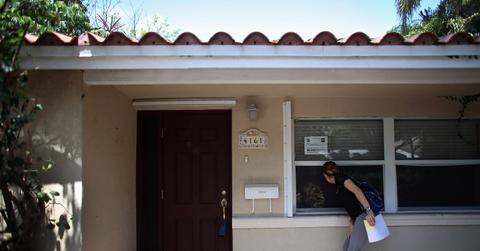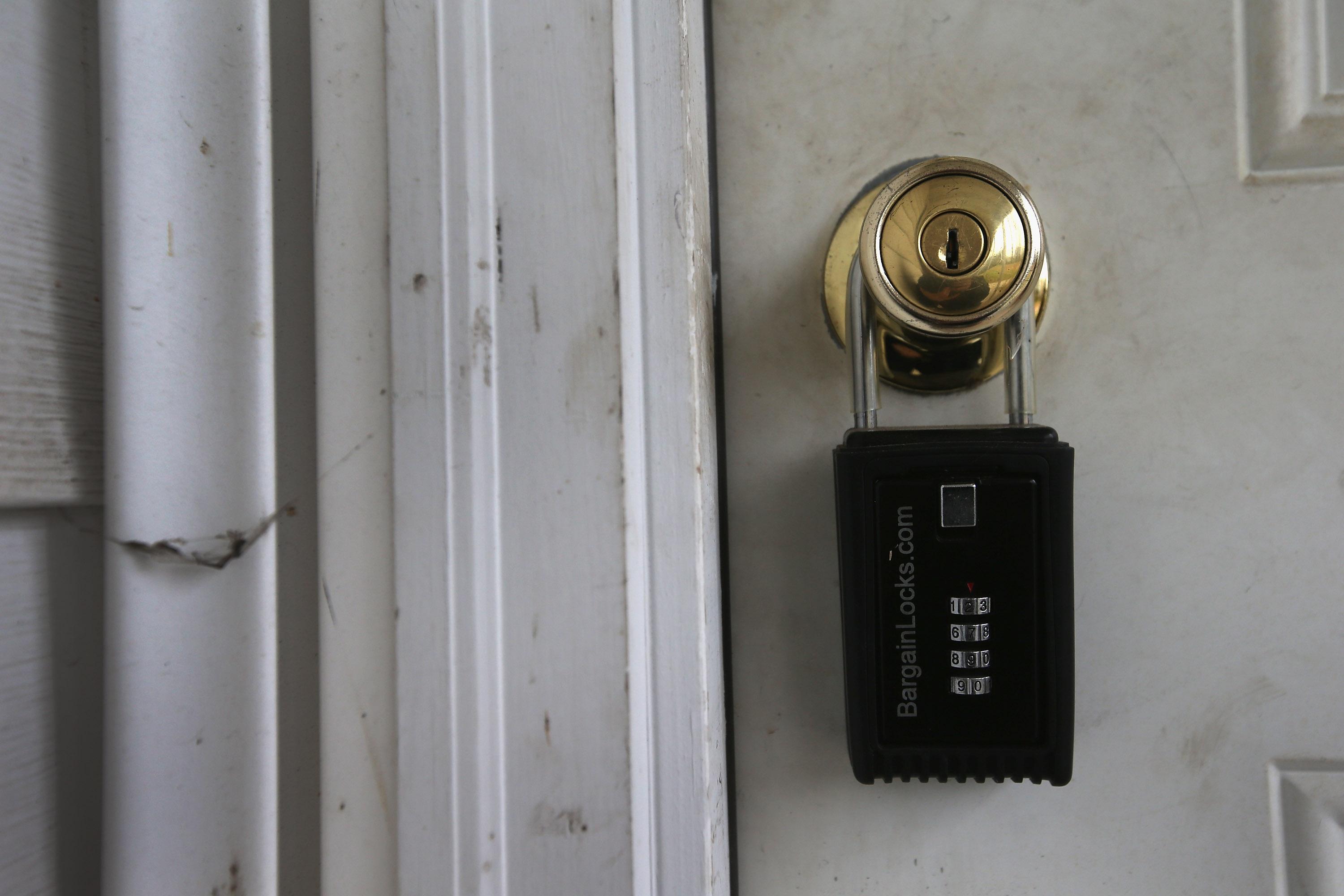What to Expect When Forbearance Protections End
Protections against foreclosures and evictions were set to end June 30 though a one month extension was just announced.. The housing market and residents aren't ready. What will happen?
June 23 2021, Updated 1:00 p.m. ET
Over the course of the COVID-19 pandemic, U.S. residents have been protected from foreclosures and evictions. Millions of homeowners are lingering in forbearance and awaiting the expiration of protections on June 30.
What's happening on June 30, and how can people prepare—if at all? First of all, due to a recent announcement, they have another month at least.
What's happening in housing on June 30?
On February 16, the Biden administration announced an extension and expansion of forbearance and foreclosure relief programs. This move included extending a few key programs through June 30:
Foreclosure moratorium for homeowners
Mortgage payment forbearance enrollment window for borrowers seeking forbearance
Six additional months of forbearance before foreclosure for anyone who enters forbearance by June 30
However, on June 23, 2021, the NY Times reported the administration planned to extend that moratorium for another month to allow more time for legislators to distribute federal pandemic housing aid.
What to know about forbearance:
Forbearance means that the homeowner isn't paying their mortgage. Forbearance is the step before foreclosure, where a person loses their home for not paying their mortgage.
Forbearance protections forgive people for not making payments for a period of time.
Why the end of forbearance protections matter in the larger housing market
Because of the COVID-19 pandemic, the government isn't allowing banks or landlords to foreclose or evict tenants. All of this expires on June 30, which means that we're going to have a flood of foreclosures and evictions (depending on whether the resident is buying or renting).
By April 25, 2.2 million homeowners had taken advantage of this program to enter forbearance and gain additional protection from foreclosure. This is in addition to the more than 4 million mortgages in forbearance in the U.S. in May 2020.
Many of these homeowners will be able to get back on their feet in time to save themselves from foreclosure, but that won't be the case for everyone. Unless the government extends the protections, people will have to scramble for housing.
The housing market could see prices drop as a result of an increase in foreclosed homes, although quick buy-ins from institutional investors could hamper the opportunity for buyers to take advantage of it.
Are you a homeowner in trouble? There's still time to enter forbearance.
The government programs allow people to enter forbearance through June 30. This gives an additional six months (in two three-month increments) of forbearance protection before reaching foreclosure.
If you want to enter forbearance, now's your chance. The program ends soon, and there hasn't been any official word about a restoration of benefits, and it is unclear whether the newly announced extension applies to new forbearances.
Depending on your state, you might be able to maintain additional protections. For example, an eviction moratorium is in place in New Jersey until January 1, 2022.
Eligibility for forbearance protections by June 30
The relief applies specifically to homeowners who have an FHA-insured forward or Home Equity Conversion Mortgage (HECM) loan. It also applies to homeowners who have a Section 184 or Section 184A mortgage loan.
However, forbearance isn't automatic. To check if you're eligible and to start the forbearance entry process, contact your mortgage servicer (the person you pay your mortgage statement to).
If you wonder how to approach the conversation, keep these tips in mind:
Call the number on your statement to avoid scams.
Inform your servicer of your financial hardship.
Ask if you're eligible for CARES Act protections or other relief programs.


